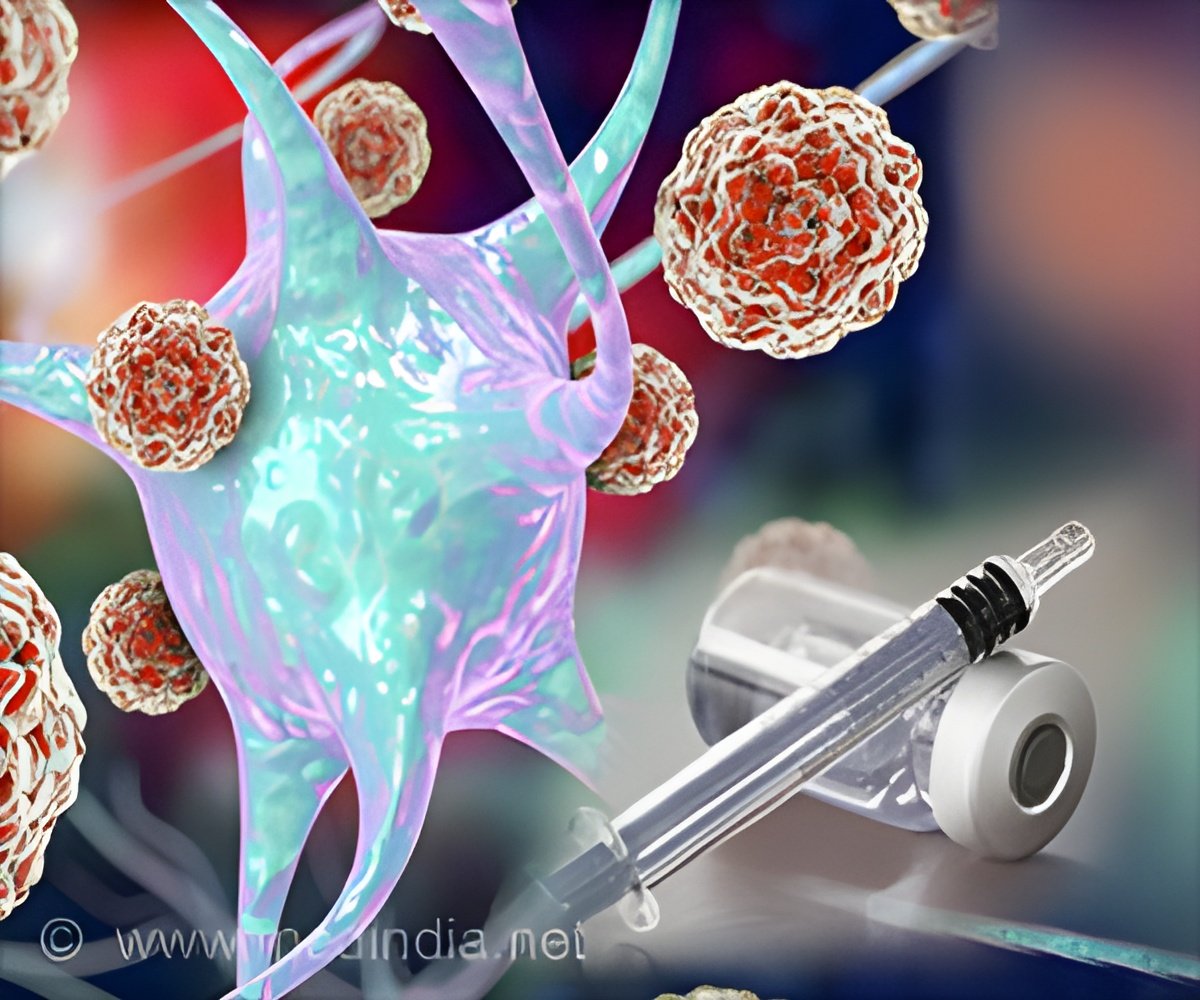Immunotherapy drugs could help some breast cancer patients, based on the genetic changes in their tumors. Immunotherapies have shown promise for some cancer patients.

‘A particular group of breast cancer patients has genetic changes that occur because of an abnormality of a DNA repair mechanism.’





Breast cancer is the most common cancer in the UK, affecting nearly 55,000 women a year. Globally it accounts for nearly 1.7 million cancer cases.In the study, scientists found that a particular group of breast cancer patients have genetic changes, or mutations, that occur because of an abnormality of a DNA repair mechanism known as mismatch repair. These mutations are found in other cancers, such as colorectal cancer, but are rarely looked for in breast cancer.
Colorectal cancers with deficient mismatch repair have recently been treated with immunotherapies called checkpoint inhibitors in the US, including the drug pembrolizumab. Immunotherapies exploit the fact that, under the influence of check point inhibitors, highly mutated tumor cells can be recognised as 'foreign' by the patient's immune system.
The results of this new study suggest that these immunotherapies could also be effective for some breast cancer patients based on the same mutation patterns seen in their tumors. Therefore clinical trials are required to determine if immunotherapies could help selected breast cancer patients.
In the study, the team analysed the whole genome sequences of 640 breast cancer tumors. They looked for patterns in the mutations, known as mutational signatures, which indicated abnormalities in the mismatch repair mechanism. From the mutational signatures, the team identified 11 tumors that had the mismatch repair defects causing the breast cancer.
Advertisement
Our results suggest expanding the cohort of cancer patients that could possibly be treated with checkpoint inhibitors to include these mismatch repair deficient breast cancer patients."
Advertisement
Current clinical criteria means these tumors would not have been detected as being deficient in the mismatch repair pathway. We have shown that there is in fact another category of breast cancers - those with defective mismatch repair."
Professor Karen Vousden, Cancer Research UK's chief scientist, said: "Immunotherapies have shown promise for some cancer patients, but the challenge for doctors has been predicting which patients they are likely to help.
This study, using a technique called whole genome sequencing, reveals more about the genetic patterns that could show which women with breast cancer are more likely to respond to immunotherapy treatments.
The next step will be to test this approach in clinical trials to find out if identifying these patterns and using them to tailor breast cancer treatments helps to improve survival."
Source-Eurekalert















